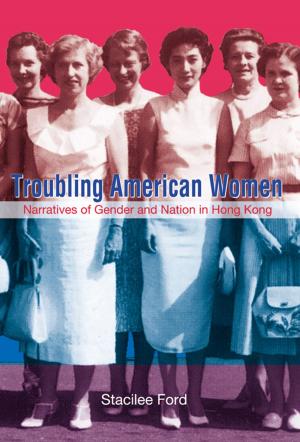| Author: | Hong Kong University Press | ISBN: | 9789882206441 |
| Publisher: | Hong Kong University Press | Publication: | December 15, 2009 |
| Imprint: | Language: | English |
| Author: | Hong Kong University Press |
| ISBN: | 9789882206441 |
| Publisher: | Hong Kong University Press |
| Publication: | December 15, 2009 |
| Imprint: | |
| Language: | English |
The younger generation—those under the age of 25—accounts for more than a quarter of Hong Kong’s population. A much-misunderstood group, these people have special characteristics and needs, and some are particularly vulnerable. Substance abuse among young people is on the rise, and juveniles make up a third of total arrests every year. Extra effort and attention is required of policy-makers, educationalists and social workers to help this group make a positive contribution to society. This book seeks to promote understanding of Hong Kong’s young generation and offers strategies for working with them and their families towards healthy and productive development. Divided into three parts—youth in general, youth-at-risk, and young offenders—the book draws on international literature and empirical studies from within Hong Kong. Its focus is on action, always stressing the practical question of how to build a new model for working effectively with them. This book will be essential reading for seasoned professionals as well as undergraduate students in criminology, social policy, and social work, and postgraduates intending to practise in these areas.
The younger generation—those under the age of 25—accounts for more than a quarter of Hong Kong’s population. A much-misunderstood group, these people have special characteristics and needs, and some are particularly vulnerable. Substance abuse among young people is on the rise, and juveniles make up a third of total arrests every year. Extra effort and attention is required of policy-makers, educationalists and social workers to help this group make a positive contribution to society. This book seeks to promote understanding of Hong Kong’s young generation and offers strategies for working with them and their families towards healthy and productive development. Divided into three parts—youth in general, youth-at-risk, and young offenders—the book draws on international literature and empirical studies from within Hong Kong. Its focus is on action, always stressing the practical question of how to build a new model for working effectively with them. This book will be essential reading for seasoned professionals as well as undergraduate students in criminology, social policy, and social work, and postgraduates intending to practise in these areas.















